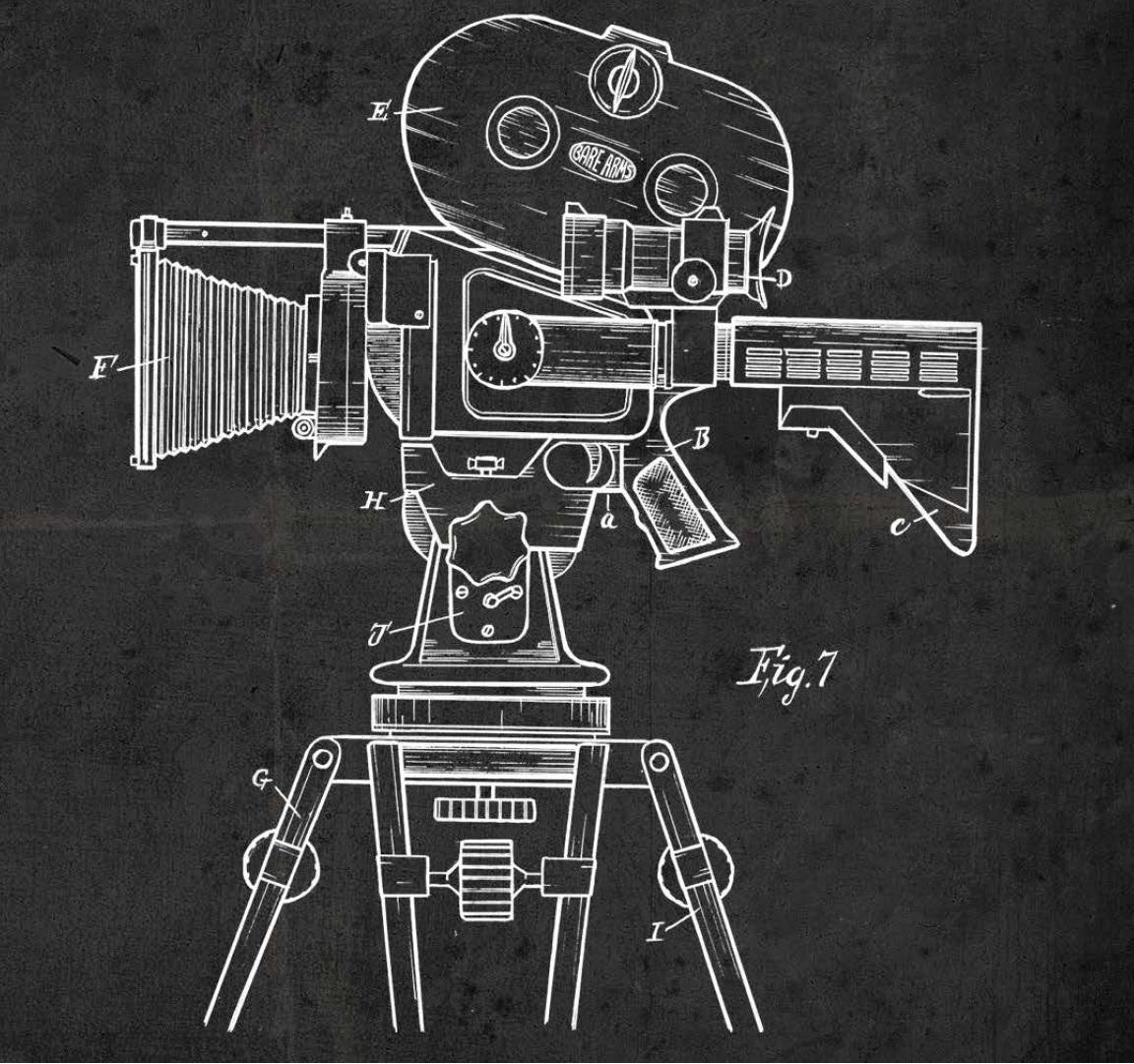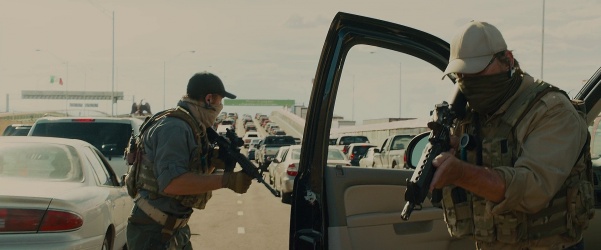WARNING – Contains spoilers for those who haven’t seen the show and/or read the book.
Last week the dust settled on the final episode of BBC1’s ‘The Night Manager’, a high budget adaptation of the John le Carré book of the same name. We reviewed the first two episodes with high praise, but did the rest of the run live up to the high standard?
The End?
Whilst most of the adaptation was faithful to the book, the most significant difference was the ending. The BBC finale was overly saccharine compared to the book and everything was neatly solved within the running time. In the book, Pine’s identity is revealed by the traitorous members of MI6 who are profiting from Roper’s schemes, putting him and Jed in mortal danger. Pine goes through a round of brutal torture as a result. Burr bluffs that he (she in the TV series) has enough evidence to convict Roper and his associates, thus forcing them into making a deal to release Jed and Pine in return for silence. The book ends with Roper completing his deal and getting away with it, whilst Burr ends up with his reputation ruined, but Pine’s life saved.

There is no doubt that this would have made a better ending, but it would also have made a much better jumping off point for the inevitable second series which the BBC are already planning. I cannot for the life of me understand why the BBC chose to end with Roper in the custody of his vengeful partners and with more than enough evidence to convict him.
Hiddleston for Bond!
We sang Tom Hiddleston’s praises in our first review. In the first two episodes he displayed everything required for Bond; a passion for the ladies, psychopathic tendencies, an ability to take a beating… but then they pushed it too far in the final episode by having him order a vodka Martini. Even Hugh Laurie looks disgusted!
Apart from these obvious nods to the man in the dinner jacket (which began to grate) Pine’s motivations started not to make much sense as the series progressed. It’s much more difficult to empathise with a character if you can’t understand their reasoning. Pine’s journey to sociopathic spy is halted by his attraction to Jed…or probably should have been. His reason for helping Burr get to Roper is revenge for the death of Sophie. If he was so besotted by Jed to the point where he is taking foolish risks to see her, then why does he kill Freddie Hamid who was only an observer to her murder? If his priority is Roper, then why risk it all for Jed?
Since the finale, there has a been an upsurge in support behind a suprise nomination for the next Bond, and it isn’t Tom Hiddleston. His moment in the spotlight has been overshadowed by none other than Olivia Colman! An article from the Independent tracked the growing media campaign to make her the successor to Daniel Craig, to the point where even the unimaginative Daily Mail jumped on the bandwagon with this obvious April Fools story. Part of me can’t help agreeing. Olivia Colman is well on the way to becoming a national treasure as she is an incredible actor. Whatever my views are, the odds are firmly in Hiddleston’s favour with him currently the front runner at 2/1, with Tom Hardy and Idris Elba following behind.

What Happened To Frisky?
Frisky was Roper’s unintelligible bodyguard, played by the gruff Scottish actor Michael Nardone. He played the role of ex-soldier-turned-mercenary brilliantly well, to the point where I had to look him up as I was convinced he really was a former military man, moonlighting as an actor! All of Corky’s flamboyance and vice made him unpredictable and dangerous to both sides, whereas Frisky was dependable, loyal and violent. It is him that administers the vicious beating to Jed, but then he gets shot in the knee by Burr. Where does he go at the end?! I hope he’s ok…

Why did Roper trust Pine?
This is the weakest plot point in the entirety of the series. If I were Roper, I would wonder why everything was going well until I brought a complete stranger into my organisation. Even if you concede that he suspects Pine fairly quickly (hence the great switcheroo at the Syrian border) why leave Pine with control over the bank account with your money in? Why not instantly transfer it somewhere else? Likewise if he suspected Jed, why allow her access to the safe that contains the only documents that link you to the highly illegal arms deal. Not only that, but in THE VERY SAME HOTEL where he had documents lifted the last time he was there! For a criminal mastermind, his approach to security is remarkably slapdash. No wonder Corky took to the drink….

Odd Casting Choices
Actors can do all sorts of accents with varying degrees of success, but usually the most convincing accent is their own. David Harewood is a brilliant British actor, but I think his american accent is a bit suspect. He does the exact same accent in ‘Homeland‘ where he plays a pretty similar character. I shouldn’t judge, as my american accent is dreadful…but then again I am not an actor. Were there no american actors available? London is usually full of them. Whenever he was on screen it was a bit jarring, as I was concentrating on how he was saying things, not what he was saying. However upsetting he was, he wasn’t nearly as distracting as Tony…I mean Neil Morrisey.

For those of you too young to remember, Morrisey (no not that one) is most famous for his role as Tony from ‘Men Behaving Badly‘. I haven’t seen him in anything in about 15 years and so seeing him pop up here totally derailed my train of thought. All I could think about was how bad was the state of British intelligence, that they employed a man who turned his garden shed into a sauna. It didn’t help that his character Harry Palfrey is a bit of a confused dogsbody who is in way over his head.

Jonathan Aris plays the weird, creepy, weasely guy in anything he’s in. You’ll know him better as the weird and creepy Anderson in Sherlock, who’s also a bit weasely. He usually stands to one side of a major character, being a bit weird, occasionally beardy. He does the same in this. Doesn’t really add a great deal except to convince you that the major character is clearly not to be trusted if he’s hanging around with Tony and Weasely.

Who was driving the trucks?!
How did all the people driving the trucks know to get out? Were they working for Pine? If so, why weren’t any basic background checks done? Was there some sort of warning? It doesn’t make sense…unless the BBC didn’t want Pine killing innocent civilians. That would be unfortunate and awkward given what he was trying to prevent. Did someone write themselves into a bit of a plot hole without a way out of it? Possibly. Did they think we wouldn’t ask questions? Probably. Does it matter? Absolutely. I like my films and television seeped in logic. I like my spy thrillers triple cooked in the stuff. This kind of stuff annoys me. Wasn’t there any other way Pine could have hijacked the deal without involving massive amounts of carnage and criminal damage?

In Summary
I can’t help but feel a little let down by the latter half of ‘The Night Manager’. The further away it got from the original book, the more plot holes appeared and the less impressed I became. This is a huge shame as the first two episodes were full of promise that the later episodes failed to capitalise on, and the middle two episodes were mostly filler without a great deal of plot or character development. The complex relationship between Roper and Pine that I thought might be developing, didn’t materialise into anything significant and the ‘baddies’ occupying the top echelons of the British Secret Service were one dimensional and clunky. The duo of Mayhew and Burr had depth and substance to it with a real nuanced exploration of practicality versus ideology, but with Mayhew missing for the finale, the episode was the worse for it.
The relationship between Jed and Pine wasn’t particularly believable, and her character was possibly the weakest in the entire show; over-emotional, foolish and generally getting in the way. Compare that to the character of Burr however…
I have already waxed lyrical about Olivia Colman, so I won’t again, but a special shout goes out to Adeel Akhtar, who is brilliant in anything he’s in. As Rob Singhal, Burr’s right hand man and assistant, he’s managed to turn a small role into something quite meaty. His reaction to Pine’s foolish handling of the problems with Jed, and the showdown in the hotel is a great scene between his veteran analyst and Hiddleston’s newcomer. He reflected my own incredulity at Pine’s choices perfectly.

Finally I have to return to the ending. It was far too neat and tidy and it lacked the bite of the original. I really wanted to see Burr have to make the choice between catching Roper and leaving Pine to die. I hope the BBC don’t make a second series, because they have shown that once they stray from the original text, they start to lose their way. There is no sequel written to the book, so anything from here on wouldn’t be Le Carré and much worse for it.
What do you think? Did ‘The Night Manager’ lose its way? Let us know your thoughts.
Bare Arms was set up to provide military assistance to film and television productions. Follow us on twitter @barearmsfilm and the blog for more reviews, or head to the website http://www.barearms.co.uk if you are interested in what we do.








